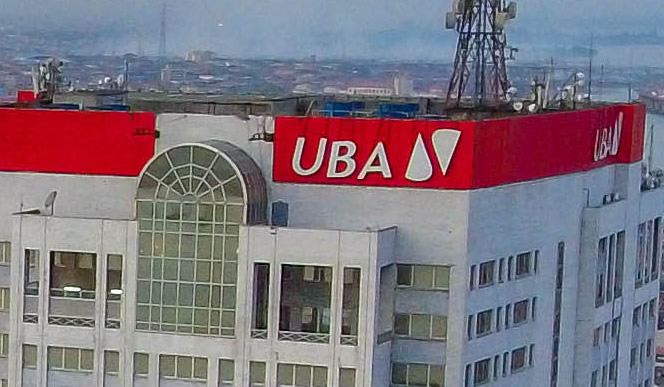The stock market segment of the Nigerian Exchange Limited (NGX) yesterday, started the week in negative territory with N418 billion loss, spearheaded by losses in MTN Nigeria Communications, among 17 others.
The NGX All-Share Index declined by 766.56 basis points or 1.48 per cent, to close at 51,127.38 basis points from 51,893.94 basis points it opened for trading.
Consequently, the overall market capitalisation value lost N418 billion to close at N27.850 trillion from N27.850trillion it closed for trading last week.
On sectoral performance, the NGX Banking index dropped by 5.5per cent and NGX Insurance index was down by 0.1per cent, while the NGX Oil & Gas Index and Industrial Goods indices closed flat.
The NGX Consumer Goods index appreciated by 0.1per cent, the sole gainer of the day.
The market breadth was negative as 18 stocks lost relative to 16 gainers.
International Energy Insurance led the losers’ chart by 6.98 per cent to close at N1.20, per share. MTNN followed with a decline of 6.67 per cent to close at N224.00, while Transcorp Hotels lost 5.80 per cent to close at N6.50, per share.
Africa Prudential declined 5.45 per cent to close at N5.20, while AIICO Insurance shed 5.08 per cent to close at 56 kobo, per share.
On the other hand, Ikeja Hotel recorded the highest price gain of 9.48 per cent to close at N1.27, per share.
Transnational Corporation (Transcorp) followed with a gain of 9.47 per cent to close at N1.85 and Consolidated Hallmark Insurance up by 8.77 per cent to close at 62 kobo, per share.
Nigerian Exchange Group rose by 8.16 per cent to close at N26.50, while Jaiz Bank gained 5.68 per cent to close at 98 kobo, per share.
The total volume traded fell by 58.19 per cent to 226.594 million units, valued at N1.568 billion, and exchanged in 4,373 deals. Transactions in the shares of Transcorp topped the activity chart with 107.213 million shares valued at N162.832 million. Fidelity Bank followed with 39.308 million shares worth N206.008 million, while United Bank for Africa (UBA) traded 22.603 million shares valued at N190.356 million.
Zenith Bank traded 20.614 million shares valued at N521.286 million, while FCMB Group transacted 12.611 million shares worth N47.830 million.





